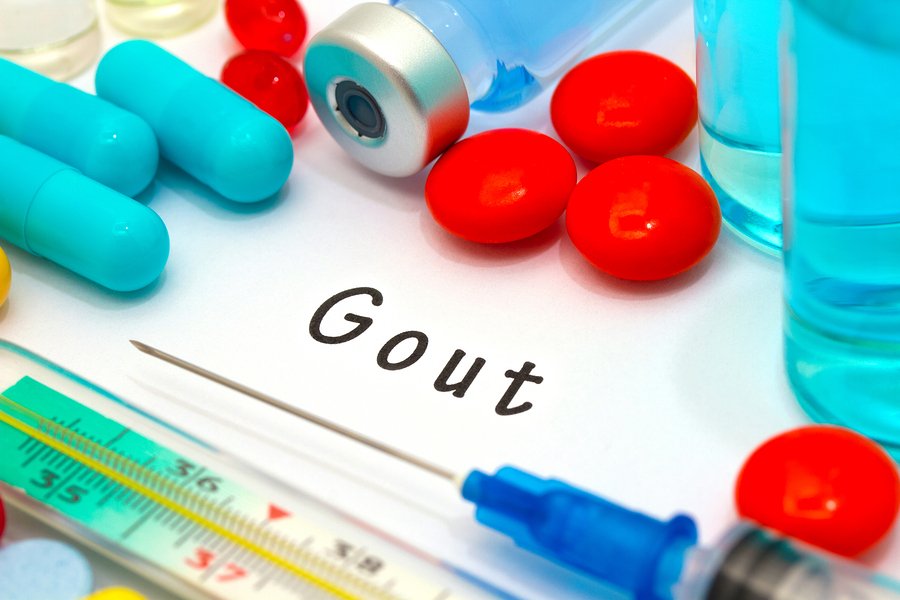Gout is a common medical condition that affects people from all walks of life. Historically, gout was thought of as a rich man's disease – and it does still seem to affect more men than women. People joke that it is a condition associated with fine living.
 Gout is the name given to painful swelling – usually of the feet and ankles – that is caused when uric acid crystals collect in the extremities. These crystals form when purine is broken down, and purine is found in many fine foods, including red meats and wine.
Gout is the name given to painful swelling – usually of the feet and ankles – that is caused when uric acid crystals collect in the extremities. These crystals form when purine is broken down, and purine is found in many fine foods, including red meats and wine.
There are a few ways to treat gout, including making changes to the diet and also using medication. The most common gout medication is an anti-inflammatory, but there are other things that are used as well. Attacking gout is usually taken from a couple of angles – first reducing the day to day pain and then secondly, finding ways to reduce the swelling and help the body get rid of the uric acid.
Gout medication to reduce the pain is usually a form of non-steroidal anti inflammatory, such as ibuprofen (which is sold over the counter) or naproxen. If you are young and generally healthy and not prone to gout then your doctor might suggest that you just try treating the pain and changing your diet, hoping that the gout will get better in 3-5 days without you doing anything.
If you don't show any signs of the condition improving by itself, then you will need to find a way to get rid of the swelling and break down the uric acid. This can be done with a few different medications, which attack the problem from different angles.
Probenecid is used to improve the function of the kidneys – making it easier to remove uric acid from the body.
Pegloticase helps to break down uric acid so that it is more easily removed from the body.
Allopurinol and Febuxostat are two different kinds of medication which both work to reduce the amount of uric acid that your body produces.
Lesinurad is a medication which makes your body more efficient at getting rid of uric acid in your urine.
Ideally, you would be able to beat gout by simply changing up your diet, but it isn't always that simple. There will be occasions where your body will need a helping hand with medication.
Even if you are given medication to help you beat gout, it's important that you take some time to learn about what can increase or decrease your risk of attacks. Gout is a sign that your body hasn't been working as efficiently as it should or that your diet hasn't been balanced – and the diets that help to beat gout are also healthful in other ways. Learn as much as you can about fruits, vegetables, purines and fats, and put that to use to build a sustainable diet plan that will keep your body working as efficiently as possible for years to come.
